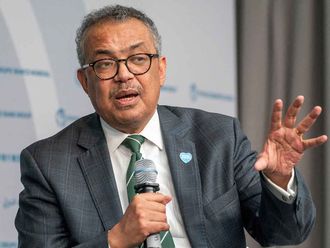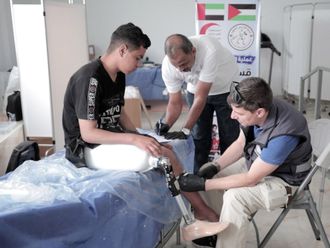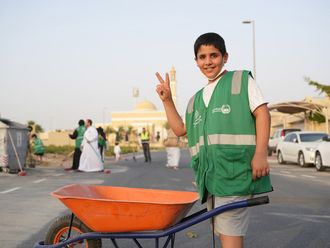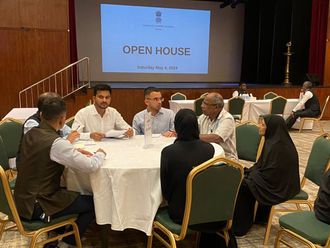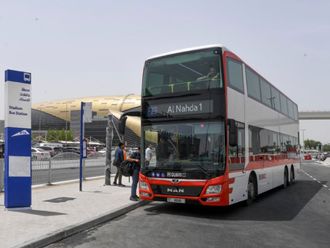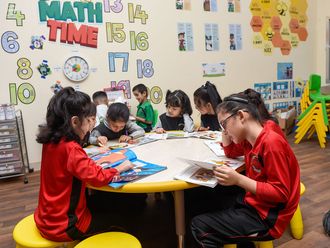Abu Dhabi: The UAE is among the countries where cigarettes are so affordable that a worker earning an average salary can buy six packs with hourly wages, health experts revealed at the 16th World Conference on Tobacco or Health being held in Abu Dhabi.
The conference also revealed that more than 1.1 million adults and 16,600 children in the UAE use tobacco products, which are known to kill 1,400 people each year.
They therefore called upon policymakers and government officials to undertake more stringent tobacco control policies, including offering smoke cessation services and setting higher tobacco tariffs.
The conference also saw the launch of the fifth edition of The Tobacco Atlas, a comprehensive guide on the international tobacco epidemic.
The atlas is developed by the American Cancer Society and the World Lung Foundation, and is meant to be used to support tobacco control policies across the world.
According to the atlas, 18.1 per cent of adult men in the UAE, representing 1.05 million individuals, smoked cigarettes daily in 2013. Among adult women, 2.5 per cent, or 52,700, were cigarette smokers. About one per cent of adults also used sheesha (waterpipes), while the proportion that chose dokha (pipe tobacco) remains unaccounted for.
This was despite the gradual implementation of the Federal Law No 15 of 2009 on Tobacco Control, which bans smoking in enclosed public spaces, and in vehicles in the presence of children 12 years or younger. The law also bans tobacco advertising and sponsorship, and has seen the inclusion of 50 per cent graphic warnings on cigarette packs since 2013.
“We have seen some success in making smoking difficult, and 300 cafes were shut down across the emirate of Abu Dhabi last year for not adhering to strict tobacco control regulations, such as being at least 150 metres away from residential areas,” Dr Shereena Al Mazroui, section head of non-communicable diseases at the Health Authority Abu Dhabi (Haad), told Gulf News.
However, there was a lot more to be done, she said, especially in the area of creating awareness among the youth about the negative effects of tobacco use.
“In addition, we are now working on a study with the UAE University and other clinical representatives to understand the composition of dokha, which is popularly used by youth. The research, which we hope to complete by 2017, will give us a better idea of the risks of this form of tobacco,” Dr Shereena said.
Officials highlighted the might of international tobacco companies which are, sadly, gaining a foothold in the UAE.
Dr Alan Blum, director of the Centre for the Study of Tobacco and Society at the University of Alabama in US, said two major international tobacco industry conferences, aimed at increasing the market share of tobacco companies in the Middle East, have been held in Dubai over the last eight years.
“In addition, two transnational tobacco-related companies have established offices in Dubai over the last two years, now producing cigarette filters and running import and export operations from here,” Dr Blum said.
“I hope the country can stand up to these tobacco companies and become a leader in anti-tobacco initiatives,” the anti-tobacco advocate added.



